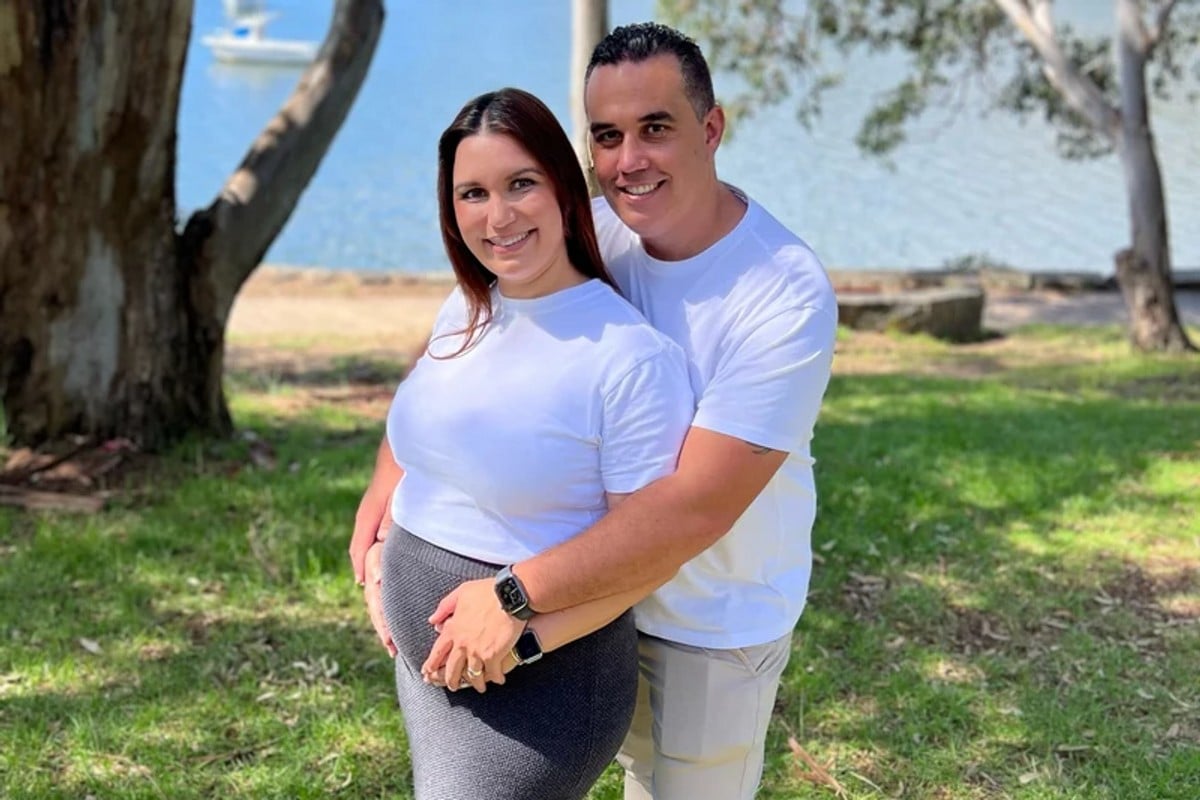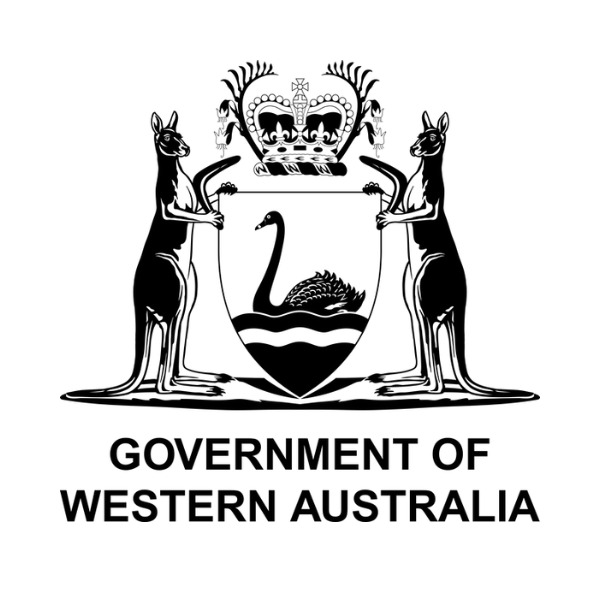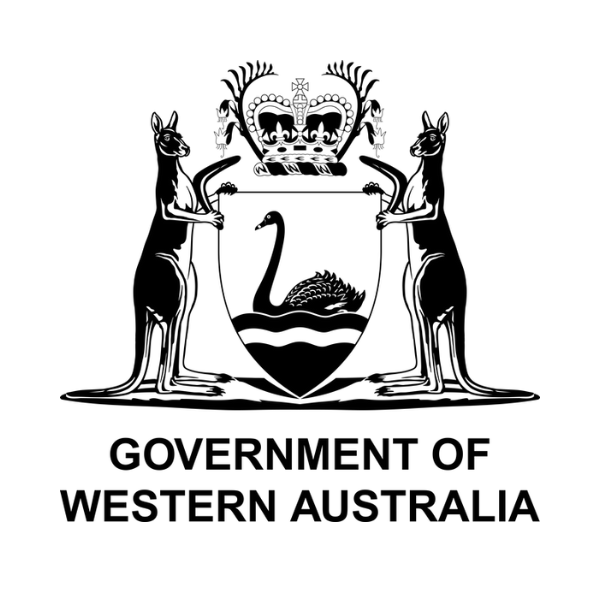

Pregnancy can be one of the most exciting times in your life, but let's be honest: it can also feel like you've been dropped into a maze with no map.
From the moment you share your news, the advice starts rolling in — from your family, your neighbour, your barista and of course the depths of the internet. Suddenly, everyone has an opinion on what you should (or shouldn't) be doing, eating, thinking or buying. It's overwhelming and sometimes the most important conversations get lost in the noise.





























































































